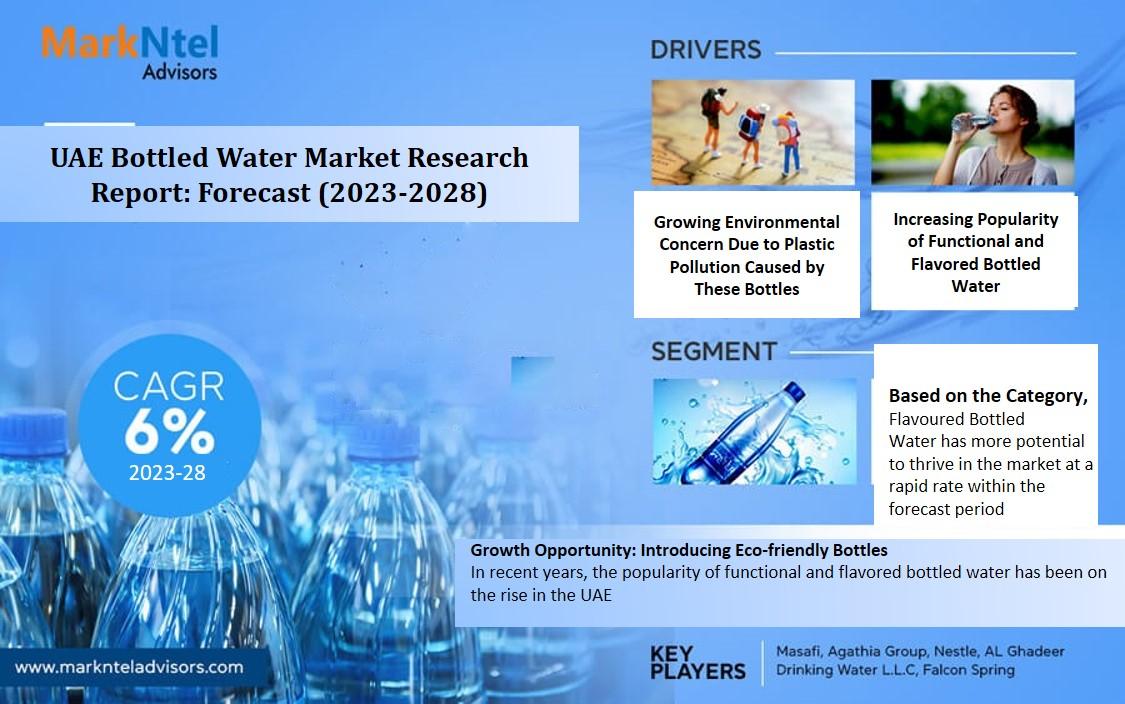HACCP certification
HACCP certification, which stands for Hazard Analysis and Critical Control Points, is a globally recognized system designed to ensure food safety by identifying, evaluating, and controlling hazards throughout the production process. It is not merely a set of rules but a preventive and systematic approach that protects consumers by minimizing the risk of food contamination. Organizations that achieve HACCP certification demonstrate a strong commitment to maintaining safe and high-quality food products from production to consumption.
The HACCP system is based on the principle that food safety can be better assured through proactive management rather than end-product inspection. It focuses on analyzing potential biological, chemical, and physical hazards that could affect the safety of food products. By identifying these risks in advance and setting up preventive measures, companies can reduce the likelihood of contamination. HACCP certification, therefore, acts as proof that an organization has implemented an effective food safety management system that meets international standards.
The process of obtaining HACCP certification involves a detailed assessment of an organization’s operations. It begins with the development of a HACCP plan, which includes conducting a hazard analysis, identifying critical control points, establishing critical limits, and implementing monitoring procedures. Documentation, verification, and record-keeping are vital components of the system. The certification body conducts an external audit to verify that all the HACCP principles are effectively implemented and maintained. Once certified, companies must continue to follow and improve their system through internal audits and reviews to maintain compliance.
One of the most significant benefits of HACCP certification is the enhanced confidence it brings to both consumers and business partners. It assures them that the food products they consume or handle are produced under strict safety controls. For food manufacturers, restaurants, catering services, and retailers, HACCP certification enhances brand reputation, improves market access, and helps meet regulatory requirements. Many countries and international markets now require HACCP certification as a mandatory standard for food import and export, making it essential for companies aiming to expand their global reach.
Internally, HACCP certification leads to improved operational efficiency. By implementing structured monitoring and control measures, organizations reduce product waste, minimize production errors, and ensure consistency in quality. Employees become more aware of hygiene practices, cross-contamination risks, and their role in maintaining safety standards. This not only improves product reliability but also strengthens the overall culture of responsibility within the company.
In a world where food safety concerns can quickly escalate into global issues, HACCP certification provides assurance and accountability. It helps protect public health, supports regulatory compliance, and promotes international trade. For any business involved in food processing, packaging, or distribution, achieving HACCP certification is both a legal safeguard and a strategic investment in quality and consumer trust.






